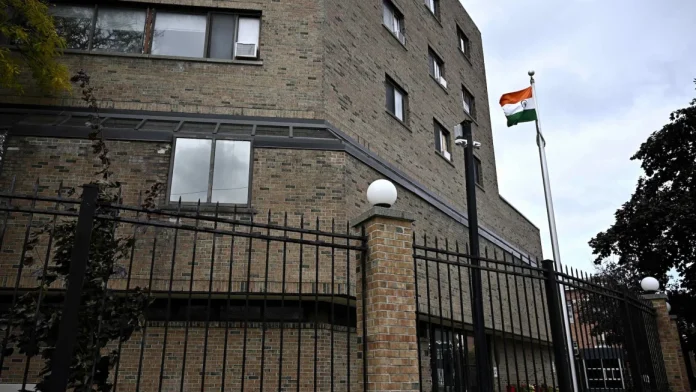The Canadian government formally declared the expulsion of six Indian diplomats, including the High Commissioner, on Monday. This action was taken in response to allegations by law enforcement authorities that agents associated with the Indian government were implicated in incidents of homicide, harassment, and other violent acts directed against Sikh separatists within Canada.
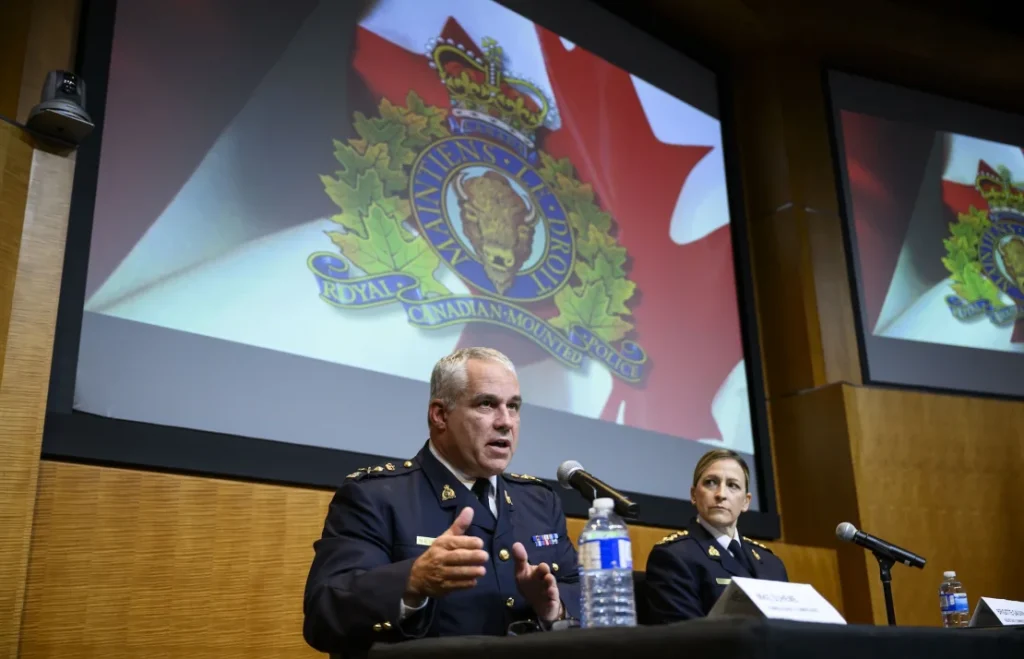
On Monday, the Minister of Foreign Affairs for Canada, Mélanie Joly, declared that the decision to expel certain diplomats was thoroughly considered and only undertaken after Canadian law enforcement agencies had gathered substantial, unmistakable, and irrefutable evidence identifying six individuals as persons of interest in the Nijjar case.
The unprecedented action has significantly intensified diplomatic relations between the nations, prompting India to swiftly expel six Canadian diplomats, the acting High Commissioner Stewart Ross Wheeler, as per an official statement issued by the Ministry of External Affairs of India.
The diplomatic ties between the two nations experienced a substantial decline in the previous year due to allegations made by Canadian Prime Minister Justin Trudeau. Specifically, the Prime Minister claimed to possess reliable intelligence linking the Indian government to the assassination of Hardeep Singh Nijjar, a prominent Sikh separatist figure, which transpired on Canadian territory.
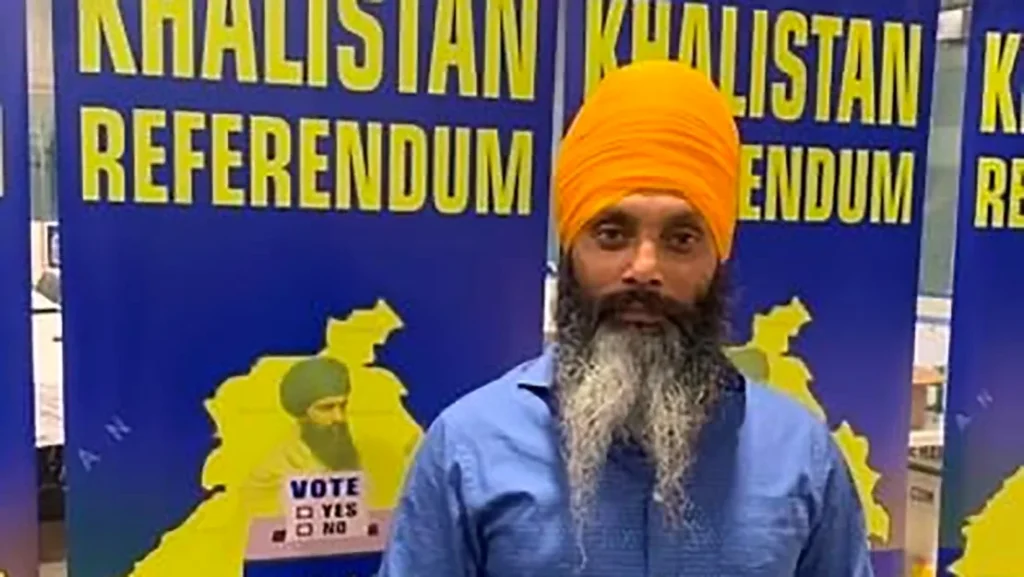
In a formally convened press conference held on Monday, Prime Minister Justin Trudeau denounced officially the actions of the Indian government, accusing them of committing a “fundamental error in judgment” by engaging in activities that support criminal activity targeting Canadian citizens within the territorial boundaries of Canada. Trudeau emphasized that acts such as murders, extortion, or any other violent acts are utterly unacceptable for any nation that claims to be a democracy and upholds the rule of law.
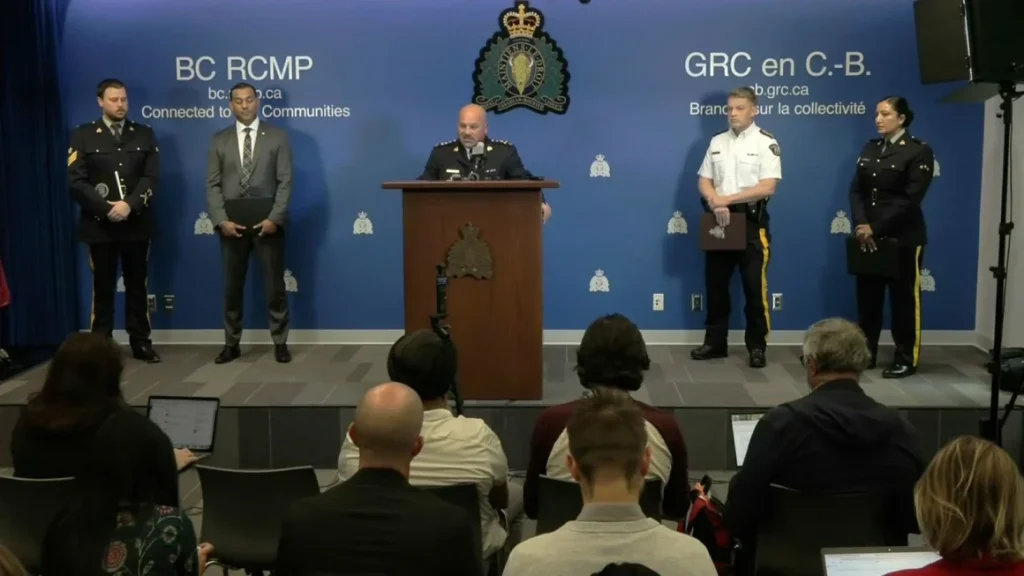
In a formal statement, the individual stated that the Royal Canadian Mounted Police (RCMP) made a strategic decision to intervene today to disrupt a problematic pattern involving Indian diplomats. These diplomats allegedly used dubious and unlawful methods to gather information about Canadian citizens. This information was subsequently shared with criminal organizations, leading to violent actions ranging from extortion to murder against Canadian individuals.
The Indian government has deemed the accusations “absurd” and declared its withdrawal of the officials expelled by the Canadian government. In a statement released on Monday, the government asserted that there is a deliberate effort to tarnish India’s reputation for political advantage. The Indian government further stated that the aspersions cast upon High Commissioner Sanjay Kumar Verma are preposterous and merit contemptuous treatment.
“A grave menace to the security and well-being of our society.”
On an earlier day of the week designated as Monday, the Royal Canadian Mounted Police (RCMP) undertook an atypical action by publicly divulging specific information about multiple ongoing investigations. These investigations center around the alleged involvement of agents representing the Indian government in “grave criminal activities” that have transpired within the borders of Canada.
The decision to make the investigations public was made in light of the significant threat posed to public safety. This action was taken after efforts to collaboratively address the issue with the Indian government proved to be unsuccessful in delivering satisfactory outcomes, as stated by RCMP Commissioner Mike Duheme during a press conference.
Duheme mentioned that since September of last year, there have been “well over a dozen credible and imminent threats” to the lives of members of the South Asian community, specifically targeting the “pro-Khalistan movement,” which refers to a separatist movement among supporters of Sikh independence.
“Notwithstanding the intervention of law enforcement authorities, the adverse effects have persisted, presenting a grave menace to the well-being and security of our populace,” Duheme stated.
He mentioned that the RCMP discovered evidence of violent extremism affecting both Canada and India. They found links connecting agents of the Indian government to homicides and “violent acts” in Canada, as well as organized crime targeting Canada’s South Asian community. Additionally, there was evidence of interference in democratic processes.
“Through thorough investigations, it has been discovered that Indian diplomats and consular officials stationed in Canada have utilized their official roles to partake in covert activities. These activities include the collection of intelligence for the Indian government, either directly or through proxies, and the involvement of other individuals who acted either voluntarily or under duress,” he stated.
“The data gathered for the Indian government is then utilized to identify individuals within the South Asian community,” Duheme clarified.
In the early months of the current year, the Canadian government formally accused multiple Indian nationals of the alleged homicide of Nijjar, a citizen of Canada. At that time, relevant authorities were actively investigating to ascertain whether or not these individuals had any affiliations with the government of India.
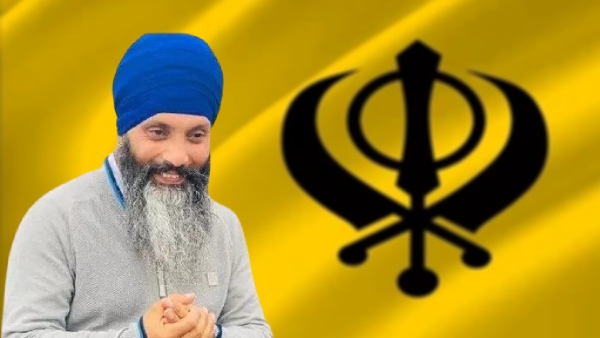
In June of the preceding year, Nijjar, a notable proponent of the creation of a separate Sikh homeland known as Khalistan, which would encompass portions of India’s Punjab state, was slain by masked individuals outside a Sikh temple situated in Surrey, British Columbia.
In September of the previous year, Prime Minister Trudeau asserted that he possessed credible intelligence establishing a connection between the government of India and the untimely demise of Nijjar. This accusation provoked outrage in India, which vehemently denied the claim, dismissing it as preposterous. The diplomatic repercussions of this incident resulted in a series of reciprocal expulsions of senior diplomats from both nations.
In its formal statement issued on Monday, the Government of India stated that since the Prime Minister of Canada, Justin Trudeau, made those allegations, the Government of Canada has not provided any verifiable evidence to support its claims. The statement further emphasized that recent assertions made by Canadian officials were also made without any factual basis.
On Monday, the Royal Canadian Mounted Police (RCMP) formally presented “evidence” to representatives of the Indian government. The RCMP reiterated its request for the Indian government’s continued support in the ongoing investigation into the Nijjar case, emphasizing the mutual interest of both countries in uncovering the truth. Global Affairs Canada reinforced this position, underscoring the importance of collaboration in resolving this matter.
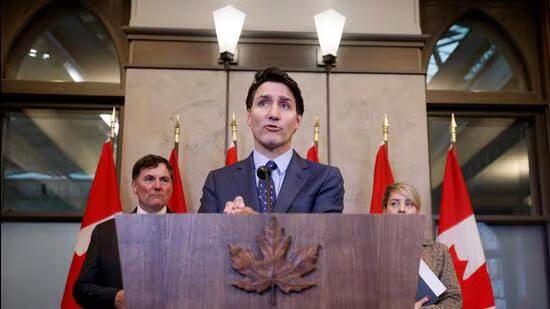
Advocating for the establishment of Khalistan has been prohibited in India for a long time. Painful memories of a violent rebellion by certain Sikh separatists continue to affect many people in India. However, some members of the Sikh community living overseas sympathize with the cause, and activists, protected by free speech laws, can openly call for secession from India.
Weeks after Trudeau’s announcement in 2023, the United States accused an Indian government official of being involved in a conspiracy to kill another Sikh separatist, American citizen Gurpatwant Singh Pannun, on US soil. An indictment unsealed in November accused an Indian national, Nikhil Gupta, of attempting to kill Pannun, who is a wanted man in India and considered a terrorist by the government.
At the press conference held on Monday, the Minister of Foreign Affairs for Canada, Ms. Joly, highlighted specific discrepancies in the investigation conducted by the United States. Firstly, she emphasized that “a Canadian citizen tragically lost their life within the borders of Canada.” Secondly, she brought attention to the fact that “diplomatic officials actively engaged in positions of diplomatic immunity were involved in violent incidents.” Ms. Joly stressed the significance of these factors in prompting Canada to take the necessary steps to address the situation.

